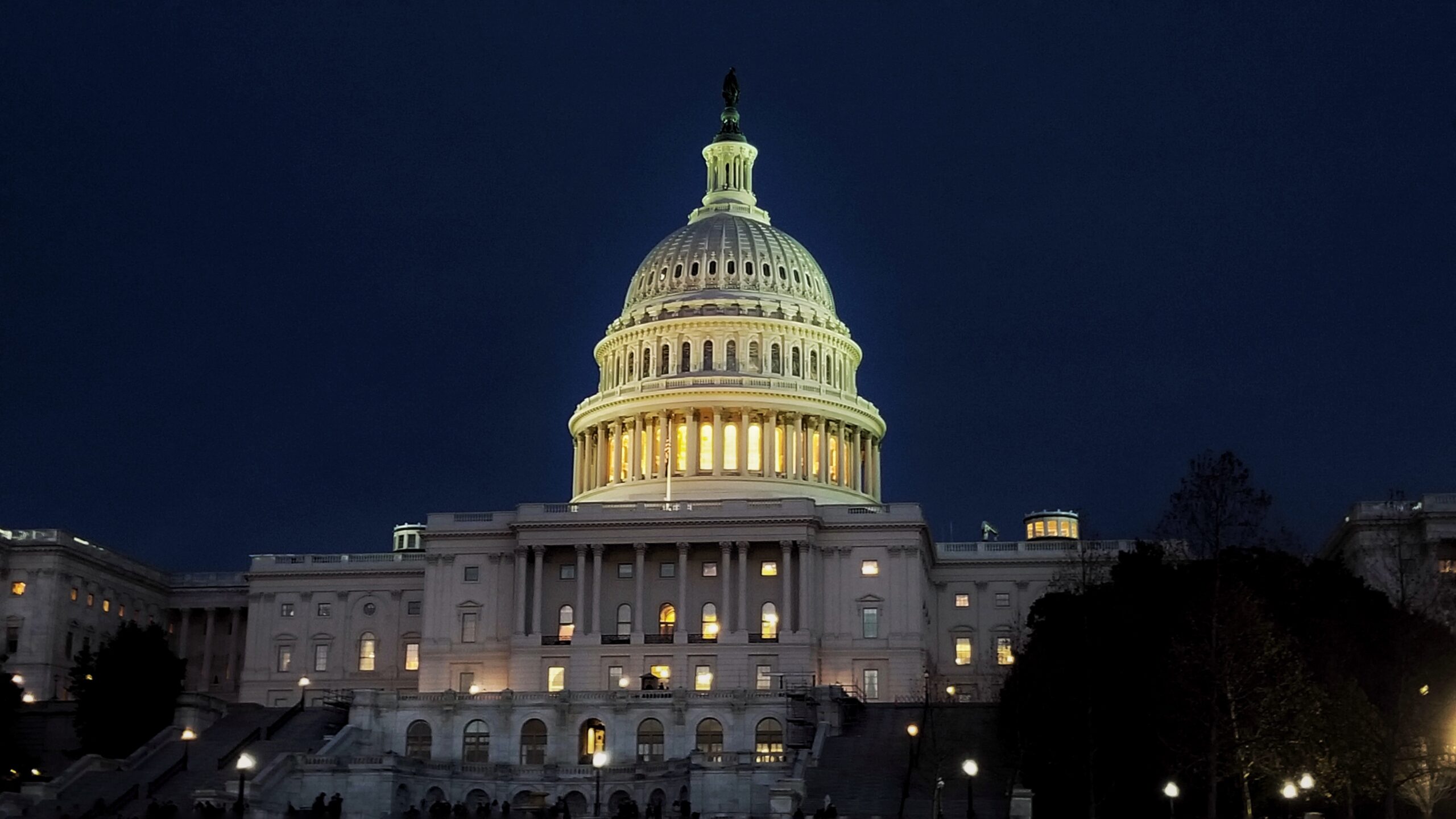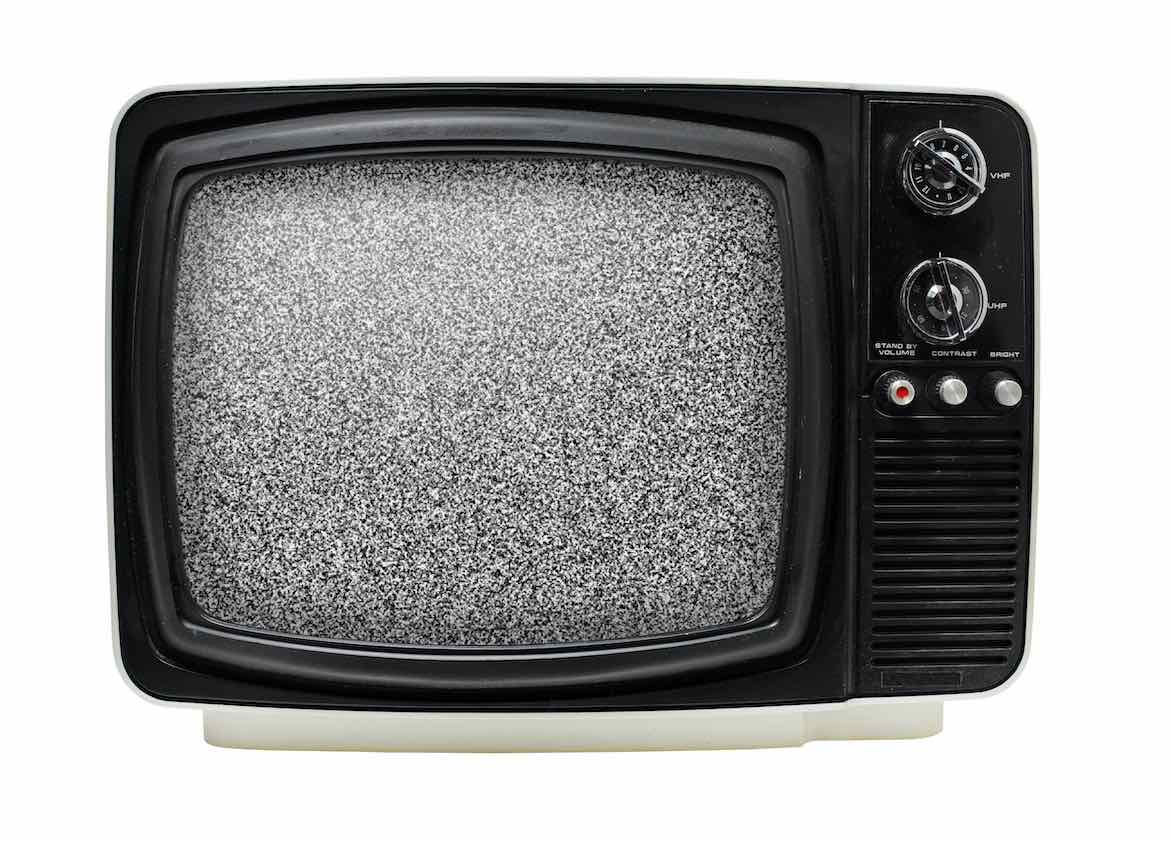Tag: America’s Public Television Stations
Pubcasters ask FCC for help with boosting cable, satellite carriage
PBS and America's Public Television Stations asked the commission to take on obstacles reducing access to public TV channels.Spending bill approved by Congress boosts CPB appropriation for 2024
The legislation also provides $41 million for the Next Generation Warning System grant program at the Federal Emergency Management Agency.New FCC rules spare pubcasters from foreign sponsorship disclosures
The commission reined in proposed regulations that had sparked concern at NPR and PBS.Pubcasters urge FCC to offer ‘flexibility’ on proposed foreign government sponsorship rules
The FCC has signaled its intent to make broadcasters consistently identify when programs have received financial support from a foreign government.Public TV advocates hail FCC ruling on ATSC 3.0
The commission is giving noncommercial TV stations a break on several rules and fees, a move that public broadcasters hope will lead ...Public TV fights datacasting fees at FCC
Advocates are challenging a requirement that stations pay the FCC 5% of revenue from "ancillary or supplementary services," which they say could ...FCC proposal could help public TV stations improve signal coverage
Co-authored by America's Public Television Stations, the proposal would expand the use of booster transmitters to fill coverage gaps.Bipartisan bill inspired by American Graduate proposes grants to stations
The legislation would provide funds to stations for workforce development through the Department of Education.At APTS Summit, Butler says FEMA grant program would be government’s ‘best investment’ in public ...
CPB has asked the Department of Homeland Security to set aside funds for public broadcasting emergency communications.In FCC proceeding, APTS makes case for aiding FirstNet
“To leave public television stations … on the sidelines of the FirstNet infrastructure is to ignore a robust, reliable and ubiquitous partner ...In EBS vote, FCC denies special treatment for public broadcasters
The FCC plans to auction off Educational Broadband Service spectrum and give commercial buyers an equal shot at snapping it up.House Appropriations Committee approves increased Ready To Learn funding, $495M for CPB
The bill would boost Ready To Learn funding by more than $2 million.FCC proposal to allow sales of EBS spectrum gets thumbs-down from public TV
Representatives of stations told FCC officials that allowing sales of the educational spectrum could create a "hostile leasing environment."Next CPB funding request will grow by $50 million, Butler tells APTS Summit
APTS President Pat Butler also said that the organization is exploring several spectrum revenue partnerships, including with Netflix.Pubcasters complain FCC rules on satellite renewal are ‘antiquated’
TV stations are now required to renew satellite carriage requests every three years.









